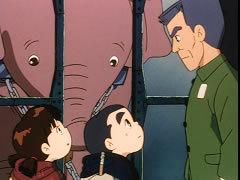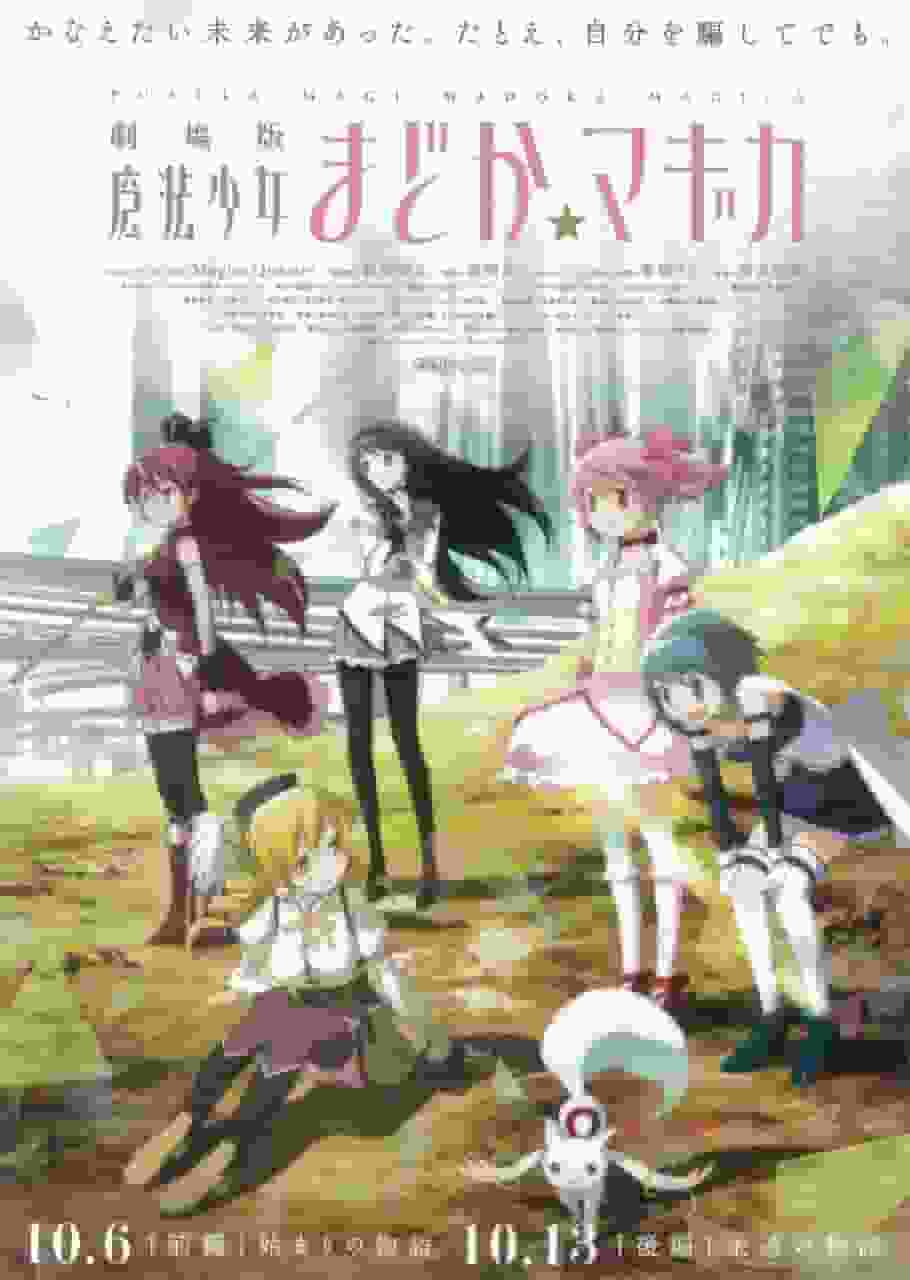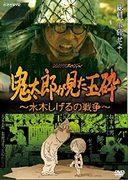The Elephant Train Has Arrived: A Thorough Analysis of the Amazing Journey and Its Appeal

"The Elephant Train Has Arrived" - A moving story about war and the zoo■ Public Mediatheater ■ Original Mediaothers ■ Release dateMay 1992 ■Distribution companyJoint Film National Association Conference ■ Eirin Number113728 ■Frequencies90 min ■ Number of EpisodesEpisode 1 ■Original StoryTakashi Koide (Published by Iwasaki Shoten) ■ DirectorKato Mei ■ ProductionProduced by: "The Elephant Train" Film Production Committee; Production team: T&K Telefilm; Animation production: Mushi Production; Production partnership: TV Tokyo, TV Aichi, Bandai, Radio Tampa ■ StoryPoppo-chan, who is five years old, has a father who is the director of Higashiyama Zoo in Nagoya. It is his daily routine to tour the zoo with Sabu-chan, who is in the fifth grade. At the time, Japan was at war with America and Britain, but there were still many animals at the zoo. The most popular of the four were the elephants Makani, Eldo, Kiko, and Adon. They were from Kinoshita Circus. However, as the war became more and more intense, the zoo began to run out of food. Finally, an order was issued to all zoos nationwide to cull the wild animals... ■ExplanationThis is a moving true story about the people who saved an elephant's life. The original story is based on a true story and was self-published in 1976 by elementary school teacher Koide Takashi. It deeply moved children and was published by Iwasaki Shoten in 1983. It is a story that depicts the kindness and courage of the people who protected elephants from war at a zoo that is currently attracting attention. The film is directed and written by Kato Mei, who also wrote the screenplay for Calpis Family Theater's "Perrine Monogatari." The music is by Koroku Reijiro, who has worked on the historical drama "Koumyou ga Tsuji," among others, and the songs that color this heartwarming story are also worth watching. ■ Main staff・Director / Kato Mei・Screenplay / Kato Mei・Original work / Koide Takashi・Animation director / Kitazaki Masahiro・Character design / Kitazaki Masahiro・Animation director / Yoshida Kenjiro・Cinematography / Fujita Masaaki・Music / Koroku Reijiro・Art / Kobayashi Shichiro・Sound director / Aketagawa Susumu・Planning / Yonekawa Isao・Producers / Ishikawa Hiroshi, Ito Akira, Kubota Masaaki・Editor / Ogata Harutoshi・Production manager / Morii Toshiyuki Detailed review and recommendation of "The Elephant Train Has Arrived"■ Background and historical significance of the work"The Elephant Train" is an animated film released in 1992, based on a true story by Takashi Koide. The film depicts the situation at a zoo in Japan during World War II and the courage and kindness of the people who worked there. In particular, it highlights the misery of war and human dignity by depicting the efforts made by the zoo to protect the elephants when food shortages occurred due to the war. This film provides an important perspective for learning about the history of war. It helps us understand the full impact of war by showing how a generally peaceful place like a zoo was affected by it. The story of the people who worked so hard to protect the elephants also teaches us the importance of finding hope and courage even in difficult situations. ■ The appeal and emotion of the storyThe story centers on five-year-old Poppo-chan and fifth-grader Sabu-chan. They visit Higashiyama Zoo in Nagoya, where they meet the elephants Makani, Eldo, Kiko, and Adon. The elephants come from the Kinoshita Circus and have become popular at the zoo. However, as the war intensifies, the zoo faces food shortages and eventually an order is given to cull the wild animals. In this critical situation, the zoo staff and the children fight to protect the elephants. The touching part of this story is the people's efforts to protect the elephants. The scene where the elephants are moved to another location by train leaves a strong impression on the audience. This scene shows the unity and efforts of the people to protect the elephants, and shows that hope can be found even in the dark shadow of war. The story is also told from the children's perspective, making it easier to understand how far-reaching the effects of war are. ■Charm of the charactersPoppo-chan and Sabu-chan are the central characters of the story, and the impact of war is depicted from their perspective. Although Poppo-chan is only five years old, he shows a deep affection and understanding for elephants, which deeply moves the audience. Meanwhile, Sabu-chan, a fifth grader, has a more mature perspective and takes action to protect the elephants, symbolizing the courage and responsibility of children. The zoo staff are also important characters. They work hard to protect the elephants, and in the process, they inspire the audience. In particular, the voice actor playing the zoo director portrays how he never loses hope and does his best to protect the elephants, even in the difficult circumstances of war. Through these characters, the impact of war and human dignity are depicted. ■Animation and MusicThe animation for "The Elephant Train" was done by Mushi Production, and made full use of the technology available at the time to realistically depict the elephants' movements and expressions. In particular, the scene where the elephants board the train makes a strong visual impact, further deepening the emotional impact of the story. The character designs were done by Masahiro Kitazaki, and the realistic depictions of the children's expressions and animals leave a deep impression on the viewer. The music was composed by Reijiro Koroku, whose talent is well known for his work on the historical drama "Koumyou ga Tsuji." In particular, the scene where the elephants are to be protected uses a heart-tugging melody that brings out the emotions of the viewer. Music that reflects the dark atmosphere of war is also used effectively, heightening the tension of the story. ■ Director and scriptwriterDirector and screenwriter, Mei Kato, has also worked on the screenplay for Calpis Family Theatre's "Perrine Monogatari," and his talent is on full display in this work. In particular, the film deeply touches viewers by depicting the effects of war from the children's perspective. It also highlights the misery of war and human dignity by depicting the efforts of people to protect elephants. Kato Mei's screenplay provides an important perspective for learning about the history of war. In particular, the story of the people who work hard to protect the elephants teaches us the importance of finding hope and courage even in difficult situations. Also, the story is told from the children's perspective, making it easier to understand how far-reaching the effects of war are. ■ Recommendations and ratings"The Elephant Train" provides an important perspective on the history of war and has educational value, especially for helping children understand the impact of war. The story of the people who work hard to protect the elephants also teaches us the importance of finding hope and courage even in difficult situations. This film is perfect for family viewing and is a great opportunity to teach children about the history of war and human dignity. This film deeply touches the viewers by depicting the misery of war and human dignity. In particular, the people who work hard to protect the elephants leave a strong impression on the viewers and help them understand the impact of war and human dignity. Also, the film is told from the children's point of view, making it easier to understand how far-reaching the impact of war is. Overall, this film provides an important perspective on the history of war and has educational value, especially for helping children understand the impact of war. The story of the people who work hard to protect the elephants also teaches us the importance of finding hope and courage even in difficult situations. This film is perfect for family viewing and is a good opportunity to teach children about the history of war and human dignity. |
>>: Goldfish Warning! ~An in-depth review of a fascinating anime~
Recommend
The appeal and problems of Dame Oyaji: satire and empathy towards modern society
"Dame Oyaji": The appeal of this comedy...
Death Note: A new musical trailer and a look back at the history of the classic series
The latest "Death Note" musical "D...
Wearing a big silver chain in the Halloween promotional video of "Jumanji: The Next Level"
Today (October 31), Sony Pictures officially rele...
The new version of "Shukebeta" released a preview of the tanks and aircraft fully upgraded
As early as April last year, "Fairy Tale Kin...
The appeal and reviews of Aquarian Age Saga II ~Don't forget me...~: Unforgettable story and characters
A comprehensive review and recommendation of Aqua...
The second season of the new "Captain Tsubasa" animation is scheduled to premiere in October
The second season of the new animation series of ...
"Neon Genesis Evangelion: 3.0 You Can (Not) Redo" has been postponed again, and the new release date has not yet been announced
Today (January 14), the EVA theatrical animation ...
The movie "Warcraft" will be screened at the Shanghai Film Festival, and tickets will be available on June 5
Today (June 4), the official announcement of the ...
Thrilling and fun! Transformers: Rise of the Power Warriors is a must-see for all families on June 9
The sci-fi adventure masterpiece "Transforme...
Review of "The End of the World with a Shiba Inu": A moving story and the charm of the Shiba Inu
"With a Shiba Inu at the End of the World&qu...
Detailed review and rating of Punirunz Puni2 #2
"Punirunzu Puni 2" - A new animated ser...
The second part of the live-action movie "Kakegurui" has a new character revealed, and the most vicious and evil assassin appears
The official announcement was made that the secon...
ONE PIECE Episode of Alabasta: A thorough review of the touching story of the desert princess and the pirates
"ONE PIECE Episode of Alabasta: The Desert P...
The appeal and reviews of "Phoenix: Earthkeepers": A thorough analysis of the moving story and profound themes
"Phoenix: Earthkeepers": Hope for the f...
8-year-old child was frightened, parents complained to "Alien": Official response: no responsibility
This Friday, "Alien: Revenge" was relea...









